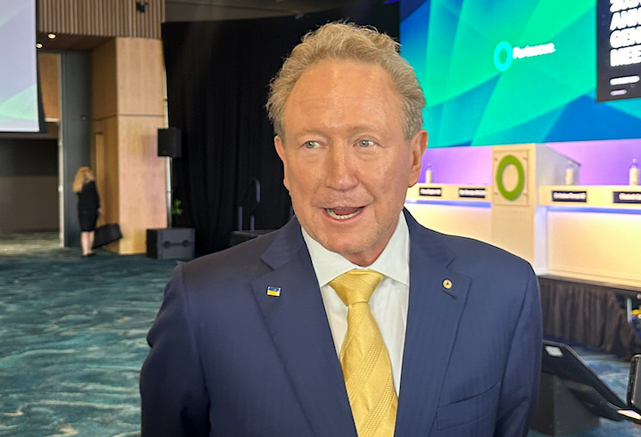Introduction
Australia's mining sector, a cornerstone of the national economy, is sounding the alarm over productivity declines and the urgent need for sustainable energy policies. At a mining summit in Perth, top executives from companies like Evolution Mining, Liontown Resources, Pilbara Minerals, Lynas Rare Earths, and Fortescue called on the newly re-elected government of Prime Minister Anthony Albanese to take bold action. Their demands center on boosting productivity, fostering innovation, maintaining global partnerships, and prioritizing clean energy.
Main Body
Productivity and Talent Challenges
Industry leaders expressed deep concern over Australia's slipping productivity. Evolution Mining's executive chairman Jake Klein criticized the lack of vision during the federal election campaign, urging significant investment in education and mining-related training, which he noted has declined over the past decade. Klein also emphasized the need for incentives to attract young tech talent to the sector, proposing tax breaks and programs to position mining as an appealing career path.
Liontown Resources' managing director Tony Ottaviano highlighted a stark increase in labor hours required for projects, pointing to skill gaps and heightened oversight as key issues. Pilbara Minerals' Dale Henderson echoed these sentiments, warning that Australia risks losing its global mining edge without a return to fundamental efficiencies.
Global Partnerships Over Isolation
Amanda Lacaze of Lynas Rare Earths cautioned against economic nationalism, advocating for continued collaboration with countries like Japan and Korea. Reflecting on Lynas' decision over a decade ago to build a processing facility in Malaysia due to favorable incentives, Lacaze stressed the importance of global partnerships for Australia's success in the mining sector.
Push for Green Energy
A significant focus of the summit was the transition to clean energy. Fortescue founder Andrew Forrest delivered a passionate critique of the federal diesel fuel rebate, arguing it perpetuates fossil fuel dependency. Forrest urged the government to redirect subsidies toward green energy initiatives, challenging large mining companies to invest in sustainable practices. He also called on Prime Minister Albanese and Western Australian Premier Roger Cook to seize their strong mandates to lead Australia toward lower-cost, domestically produced clean energy.
Analysis and Opinion
The mining industry's push for productivity and sustainability comes at a critical juncture as global demand for minerals, especially for renewable energy technologies, continues to rise. The concerns over skill shortages and declining productivity are valid, especially when juxtaposed with Australia's historical strength in mining innovation. However, can the government balance economic priorities with the urgent need for environmental reform? The call to end fossil fuel subsidies aligns with global climate goals, but it raises questions about the economic impact on mining operations in the short term. Forrest's vision for green energy leadership is compelling, yet it requires robust policy frameworks and industry buy-in to succeed. As Australia navigates these challenges, how will it position itself against competitors who are also racing toward net-zero targets?
